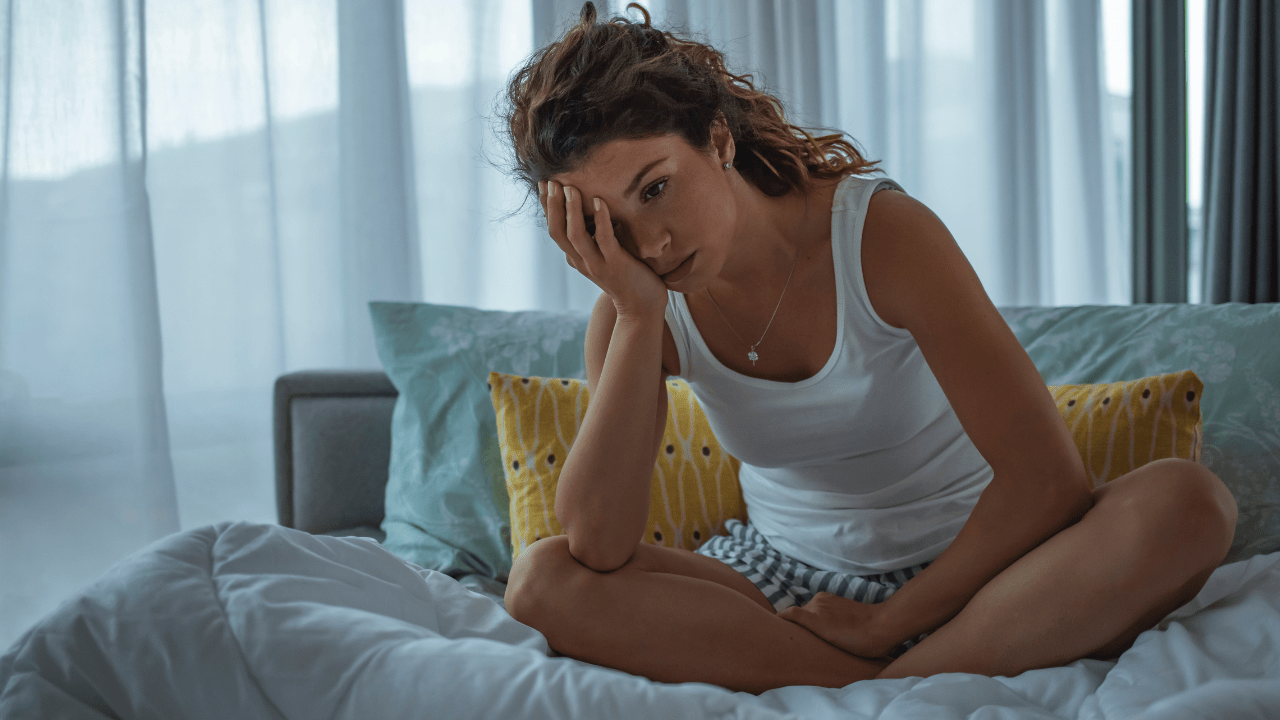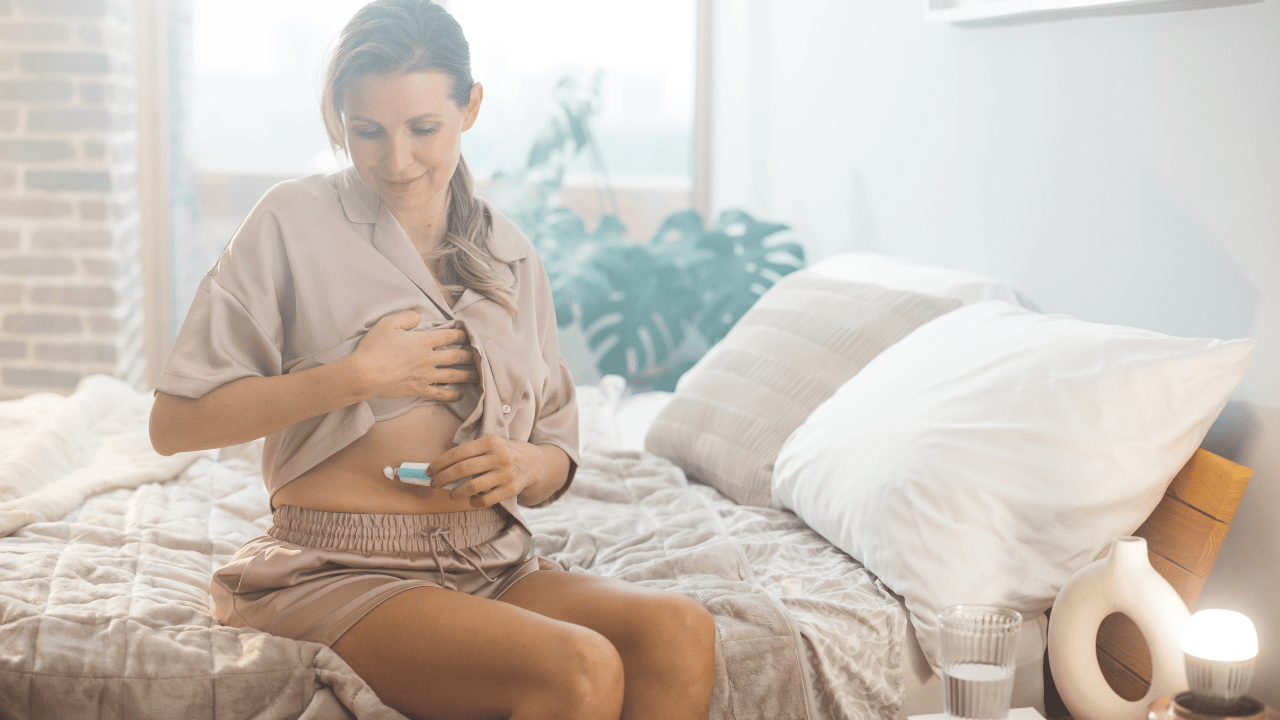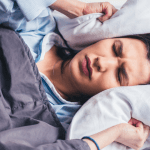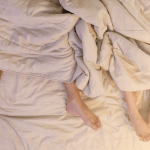Why can’t I sleep anymore? Is it menopause?
Having issues with sleep is a common menopausal symptom, with nearly half of women experiencing sleep difficulties, some worse than others. Menopausal symptoms can make it hard to fall and stay asleep, and it’s all to do with our fluctuating hormone levels.

The three main culprits are melatonin, estrogen, and progesterone, which all play a vital role in giving us a restful sleep. Your lifestyle and genetics also have a lot to do with your ability to sleep as well. There are several things you can do to improve your sleep quality.
Here’s some of the best things to do for your sleep problems in menopause.
1. Practice good sleep hygiene.
This means establish a regular sleep schedule, avoid caffeine and alcohol before bed, and create a calming sleep environment and routine with comfortable bedding and a cool temperature.
2. Exercise regularly.
Regular exercise can improve sleep quality, reduce stress, and promote overall health. Aim for at least 30 minutes of moderate intensity exercise most days of the week.
3. Practice relaxation techniques.
Techniques like meditation, deep breathing, and yoga can help calm the mind and promote relaxation, which can improve your sleep quality.

4. Consider hormone therapy.
Hormone therapy may help alleviate menopausal symptoms, including sleep problems. Supplementing estrogen and progesterone and the balance ratio of what you need for your body will help you with optimal sleep. You can take melatonin supplements even half a milligram nightly to help you fall asleep. The progesterone you’re taking will help you stay asleep if you wake up at, you know, say three or four o’clock in the morning and have difficulty getting back to sleep. The estrogen will also help you deal with things like hot flashes that disrupt your sleep if you’re getting them every few hours.
5. Take daytime naps if you absolutely need it.
When you’re in menopause, take a nap of twenty minutes or up to two hours sleep. Studies say that those two time durations are really beneficial. And you can find out more about that in another video I have on sleep, but it’s really essential if you need that extra nap to just take it.
6. Look into natural remedies.
Some women find relief from sleep problems by taking natural supplements like valerian root, herbs and tea like chamomile tea, and like I mentioned, melatonin, which is produced by the pineal gland and can actually help you with falling asleep.
I hope you found helpful these tips on improving your sleep routine during perimenopause and menopause!








